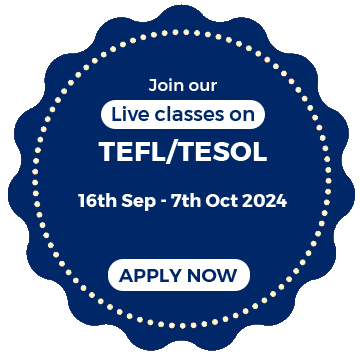

Empowering Learners with Neurodiversity covering LD, ADHD, ASD and Assessment Tools for Special Educator
Course Fee: INR 43999 | $ 535 US Duration: 370 hours or 15 months
Fast Track Mode
Course Fee : INR 4000 | $ 50 US
An Integrated Special Education Course focused on empowering learners with neurodiversity and covering Learning Disabilities (LD), Attention-Deficit/Hyperactivity Disorder (ADHD), Autism Spectrum Disorder (ASD), and Assessment Tools for Special Educators would be a comprehensive program designed by the American College of Teachers and Trainers to equip educators with the knowledge and skills necessary to support students with diverse learning needs.
The course would typically cover the following key topics:
Understanding Neurodiversity:
- Definition and concept of neurodiversity.
- Recognizing the strengths and challenges of learners with diverse needs.
- Embracing a positive and inclusive approach to teaching and learning.
Learning Disabilities (LD):
- Definition, types, and characteristics of learning disabilities.
- Common learning difficulties in areas such as reading, writing, and math.
- Evidence-based strategies and interventions to support students with LD.
Attention-Deficit/Hyperactivity Disorder (ADHD):
- Understanding the symptoms and subtypes of ADHD.
- Classroom management strategies for students with ADHD.
- Collaboration with parents and other professionals to create a supportive environment.
Autism Spectrum Disorder (ASD):
- Understanding the core features of autism.
- Effective communication strategies and social skills development for students with ASD.
- Creating sensory-friendly classrooms and accommodating sensory needs.
Assessment Tools for Special Educators:
- Overview of various assessment methods used in special education.
- Identifying and using appropriate assessment tools for students with neurodiverse needs.
- Interpreting assessment results to inform instructional planning and intervention.
Individualized Education Plans (IEPs) and Differentiated Instruction:
- Developing and implementing IEPs for students with neurodiverse needs.
- Adapting curriculum and materials to accommodate diverse learning styles.
- Monitoring progress and making data-driven instructional decisions.
Assistive Technology and Universal Design for Learning (UDL):
- Introduction to assistive technologies that aid learning for students with disabilities.
- Applying Universal Design for Learning principles to create inclusive classrooms.
Behavioral Interventions and Positive Reinforcement:
- Strategies for managing challenging behaviors in the classroom.
- Implementing positive reinforcement techniques to encourage positive behavior.
Collaboration and Family Involvement:
- Working collaboratively with parents, caregivers, and other professionals.
- Engaging families in the education and support of neurodiverse learners.
The course would likely include a combination of lectures, case studies, practical exercises, and opportunities for hands-on experience to ensure that educators are well-prepared to meet the diverse needs of their students. Additionally, it would emphasize the importance of empathy, compassion, and individualized approaches to promote the holistic development of learners with neurodiverse characteristics.




